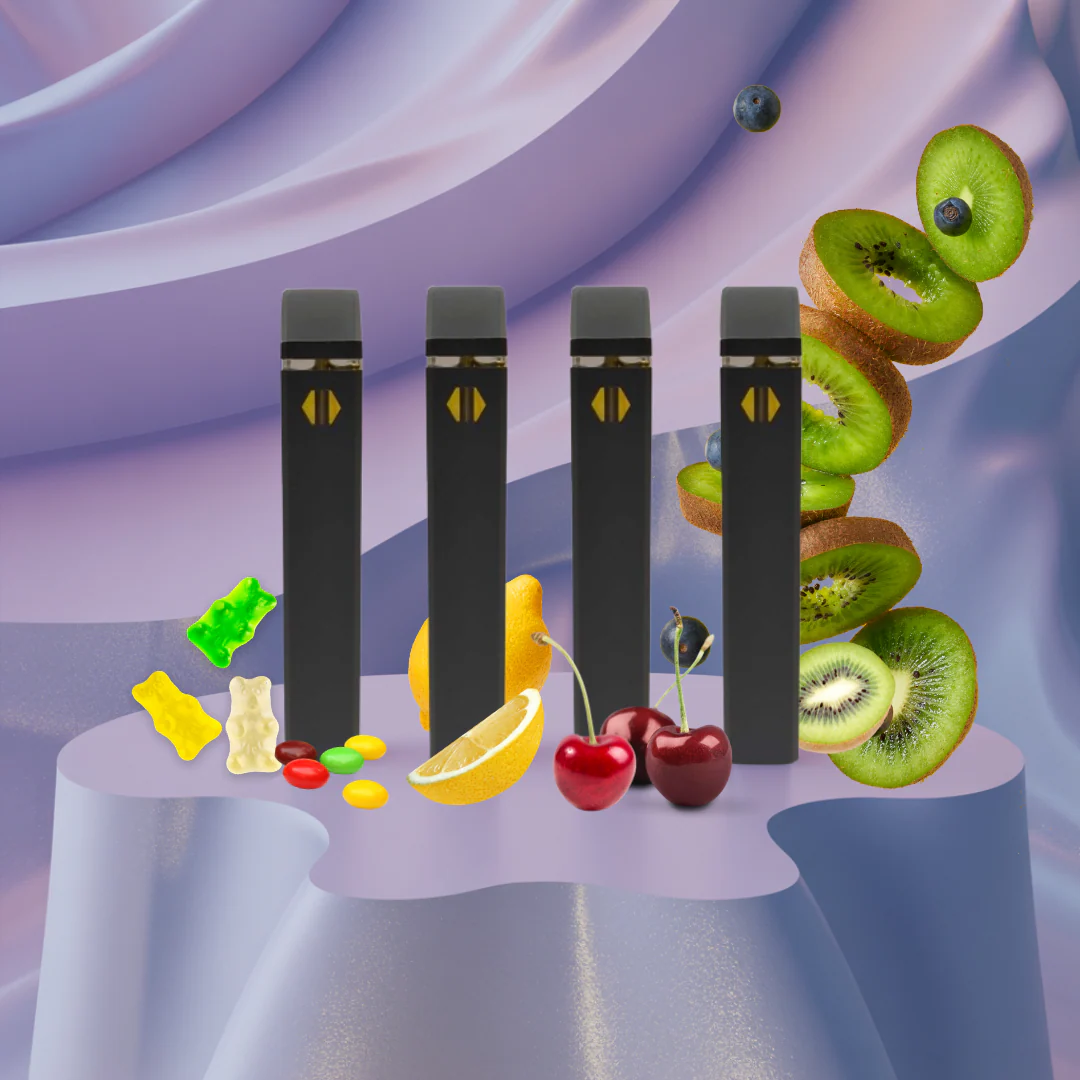
THCA Vape – The Complete Guide to Wellness, Science, and Lifestyle in Sweden
Sweden is known for its focus on health, wellness, and scientific reasoning. Swedish culture blends evidence-based practices with an appreciation for natural remedies, and as global interest in cannabinoids grows, THCA vaping has emerged as a notable trend. THCA, or tetrahydrocannabinolic acid, is a non-intoxicating cannabinoid found in raw cannabis plants. Unlike THC, THCA does not produce a high, making it a compelling option for individuals seeking wellness support without cognitive impairment.
The chemical properties of THCA make it unique. It contains a carboxyl group that prevents it from binding strongly to CB1 receptors in the brain. This molecular structure explains why THCA is non-psychoactive. When exposed to heat, such as through vaping, it undergoes decarboxylation, converting into THC, which is intoxicating and illegal in Sweden. Awareness of this process is essential for responsible use and compliance with local laws.
Vaping offers a practical and modern method for consuming THCA. It allows the compound to be inhaled in vapor form without combustion, preserving its non-intoxicating qualities while providing faster absorption than edibles. Devices with precise temperature controls are critical because overheating can inadvertently produce THC, introducing both legal and safety concerns. Modern vaporizers provide portability, discretion, and control over dosage, enabling users to integrate THCA seamlessly into daily routines.
The potential health and wellness benefits of THCA are increasingly recognized. Anti-inflammatory effects are among the most discussed, as THCA may help reduce joint and muscle inflammation, supporting recovery and alleviating chronic discomfort. Neuroprotective properties indicate that THCA could promote cognitive health and potentially guard against neurodegenerative conditions. Anecdotal evidence and preliminary studies suggest that THCA may also relieve nausea and digestive discomfort, contributing to gastrointestinal wellness. Additionally, THCA may stimulate appetite without intoxication, which can be valuable for individuals with reduced appetite due to illness or stress.
Beyond physical wellness, THCA may support mental well-being. Non-intoxicating cannabinoids have been linked to calmness, relaxation, and enhanced mindfulness. Swedish consumers who practice meditation, yoga, or other wellness routines may find THCA complements these activities, helping to maintain focus, clarity, and a sense of balance throughout the day.
Safety considerations are paramount when using THCA. Incorrect device use or excessive heat can convert THCA into THC, which is illegal and potentially harmful. Users should choose high-quality vaporizers, adhere to recommended temperatures, and avoid prolonged heating sessions. Product quality is equally critical; lab-tested THCA vapes ensure purity and potency while eliminating contaminants such as heavy metals, solvents, or additives. Reputable vendors provide Certificates of Analysis (COAs) to verify content, making informed consumption possible. In Sweden, one such trusted vendor is THCA Vape



